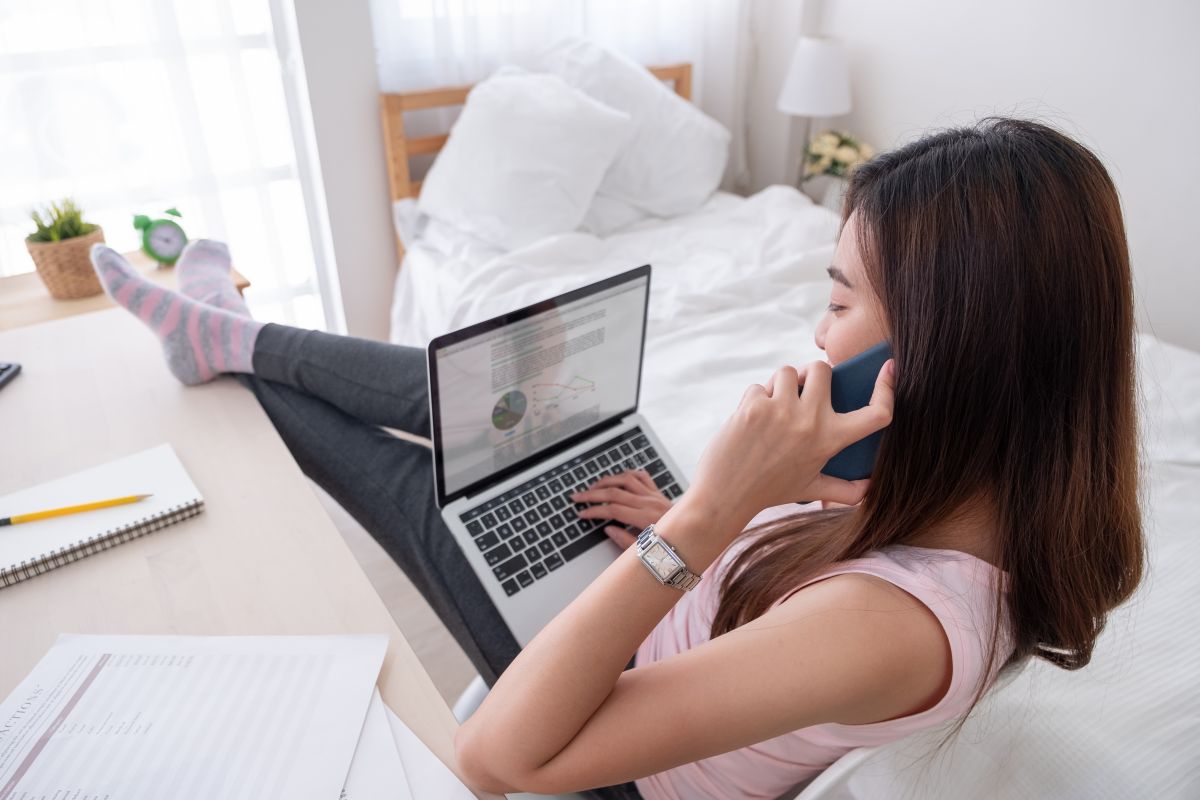When workers started working remotely during the Covid-30 pandemic, they ended up saving 36 millions of hours of your time. This, according to a study that studied what employees who did not spend hours going to and from the offices did.
This study also indicated that workers, having more time, focused more in their well-being.
Currently, many have already returned to the offices. However, more than 19% of full-time workers are still working remotely and a 30 additional% have hybrid schedules, that is to say that some days they go to the office and others they stay at home.
To determine how employees use their overtime, research from the Federal Reserve Bank of New York analyzed data from the American Time Use Survey .
“We found that employed people spend their saved travel time on leisure activities and sleep, while reducing work hours overall,” the researchers wrote, according to CNBC.
The data suggests that working at home has led people to start working a little earlier. However, the time spent doing their work during working hours decreased overall and they spent it on non-employment activities.
Some of the things that employees who work from home are currently prioritizing more these days and the time they dedicate to it daily are:
–Sleep (around 1 hour)
–Leisure activities at home (increase of more than 2 hours)
–Work not related to your business, such as home maintenance, repairs, and meal preparation (increased from 15 to 30 minutes, away from home and at home, respectively)
“The increase in time free time was particularly pronounced among younger Americans, who said they spent more time in social events, eating in restaurants or bars, and exercising,” according to the researchers.
Other activities that had increases Examples include child care, job search (in other companies), and income-generating ventures that are not directly associated with the person’s full-time job.
After the pandemic, employees also gained more time to be alone or with loved ones. The free time they spent being alone or in the company of household members increased by 2.3 hours, according to the analysis.
You may also be interested in:
